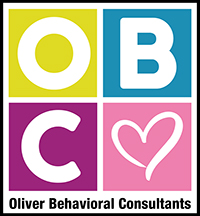Traumatic Brain Injury
A Traumatic Brain Injury (TBI) is a condition resulting from a sudden and forceful impact to the head, causing damage to the brain. Imagine the brain as a delicate control center for everything you do – from thinking and moving to feeling and remembering. When an external force, like a blow to the head, disrupts this intricate organ, it can lead to a range of physical, cognitive, and emotional challenges.
TBIs can occur from various incidents, such as car accidents, falls, sports injuries, or assaults. The severity of a TBI can vary from mild (concussion) to severe, depending on the force and impact.
Symptoms may include headaches, confusion, memory problems, mood swings, and changes in sleep patterns. In more severe cases, individuals might experience loss of consciousness, seizures, or significant cognitive impairments.
Understanding the effects of a TBI involves recognizing that the brain governs nearly every aspect of our functioning. Recovery can be a gradual process, often requiring rehabilitation and support from healthcare professionals, family, and friends. Each person’s journey is unique, and the challenges they face can range from relearning basic skills to managing emotional well-being.
Prevention measures, such as wearing helmets during certain activities, practicing safety in sports, and using seatbelts, contribute to minimizing the risk of TBIs. Empathy and support play a vital role in helping individuals with TBIs navigate their recovery, adapt to changes, and rebuild their lives after such a challenging experience.
